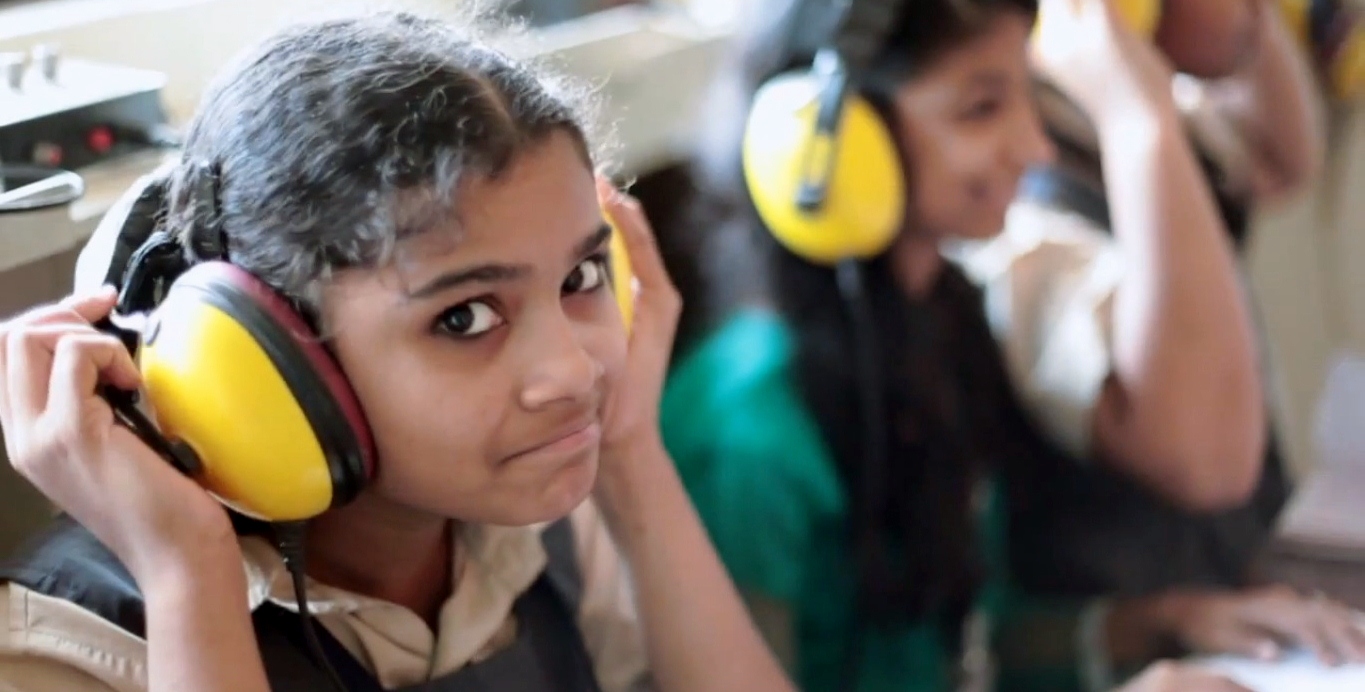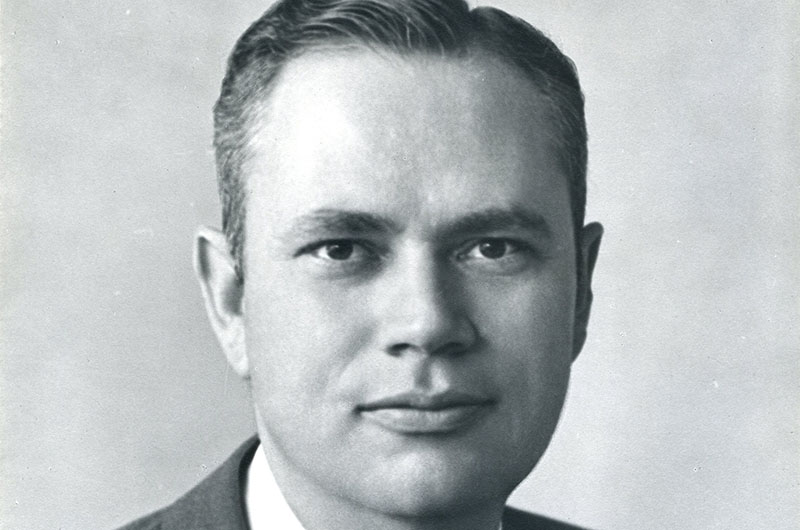Join us in the conquest of deafness worldwide…

Since the first practical cochlear implant was given to a deaf patient in 1961 by Dr. William House, tremendous progress has been made in this field. Today’s cochlear implants offer most patients excellent access to the intellectual and emotional life of mankind, where that access is granted primarily through the human voice, through the easy flow of spoken language.
As many scientific studies have established, those children who are born deaf and are implanted at an early age track well, educationally, with their normally hearing peers. In many developed countries, the number of such children implanted is above 80%, but in developing countries, the same statistic is that fewer than a tenth of 1% of children (or for that matter adults) who need cochlear implants, ever get them.
There are a number of issues that suppress implantation in such countries (identification of deaf infants is poor; knowledge of the fact and efficacy of cochlear implants is likewise far less widespread; and so on), but the overwhelming reason that lies at the heart of rare utilization of this life-changing technology is cost: cochlear implants, including surgery and follow-up care, often cost above $40,000. The average annual income for half the world is about $7 a day. A $40,000 expense, interest-free, would take 15 years to pay for at $7 a day...
An implant using the technology we are working on could be sold for less than $1,000, surgery and such included. A $1,000 expense would take about 5 months to pay for at $7 a day...


